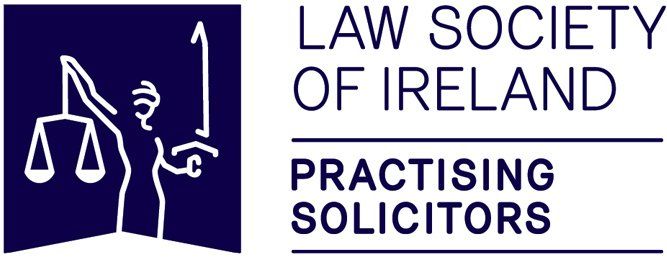It is very important for any possible litigation following a road traffic accident that at the time of the accident you gather all the information that will assist with your case in court.
Obtain the name, address details and insurer of the driver of the other vehicle(s) and the name of the Garda and the Garda station who attended the scene. The same details should also be taken of any witnesses.
Normally, the Garda would check to see if the tax and insurance disks are current but do not rely on the Garda to check this, do it yourself.
Take photographs of the scene of the accident and it would be helpful, when convenient, if you did a drawing of the scene of the accident.
Note the time of the accident and if at night describe the lighting, signs, and markings on the road.
Ensure as far as possible that the other driver does not leave the scene of the accident, which is an offence in itself.
If there are no injuries and the damage not that serious, still report the accident to the Gardai.
If you do incur an injury, then visit your doctor and keep note of the medical costs.
When discussing the accident with the other driver(s) be sure not to admit any liability, especially in front of witnesses.
Make sure you have all the information you need before you leave the accident site.
If the Gardai has been called, remain at the crash until they arrive.
Gathering the information, you need will save a lot of time later if the accident goes to court. If that is the case, your solicitor will need all this information together with the medical history arising from the accident.
Early consultation with your solicitor is advised if you are considering suing the driver for the wrong or indeed if you think you might be sued by the other party.
However, in the 2023 Court of Appeal case, the judge decided to depart from Lord Dyson’s comments on the grounds the judge’s words did not inform his decision in that case, were spoken as an aside and should have no bearing on future court decisions.
The Court of Appeal then adopted a new stance where, if appropriate, the court may, using its discretion, require parties to use what it called “non-court-based dispute resolution”. The judge in the case stated quite clearly that “experience has shown that it is extremely beneficial for the parties to disputes to be able to settle their differences cheaply and quickly even with initially unwilling parties, mediation can often be successful.”
This judgment would appear to open the door now for courts to actually require or compel parties, who may initially have been unwilling, to engage instead in another form of dispute resolution. The judge did, however, make clear that the parties could always proceed to litigate their dispute if the mediation process proved unsuccessful.
In a rather unusual move, both the Law Society and Bar Council of England and Wales were represented at the hearing and so the final decision on the issue is likely to determine the law both in the UK and Ireland in the years ahead.
The courts are now more likely to push parties to mediation while respecting their right to use the courts if they prefer.
The old way of courts encouraging mediation is likely to become one of compelling parties to do so. Expect to see the mediation and ADR routes become even busier in the future.
James Churchill v Merthyr Tydfil County Borough Council [2023] EWCA Civ 1416.

